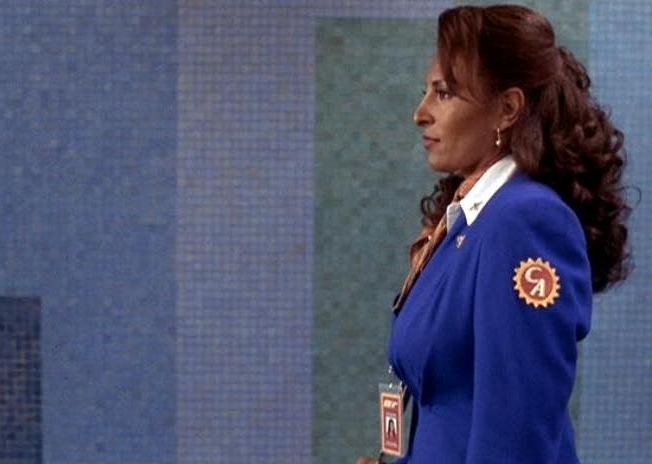 “Truth,” like everything connected to former CBS news producer Mary Mapes these days, has been awash in controversy since its release. About the notorious “60 Minutes II” segment on President George W. Bush’s Texas Air National Guard service, it focuses on the accusations of document forgeries that resulted in Mapes’s termination and longtime news anchor Dan Rather’s resignation. Adapted from Mapes’s memoir, Truth and Duty: The Press, the President and the Privilege of Power, the film takes the firm stance that the news team (all of whom got the sack in one way or another) were unfairly scapegoated by the rabid right and a television network desperately trying to protect its own corporate interests. But as waggish New Yorker critic Anthony Lane wrote, “Call a movie ‘Truth,’ and you’re asking for trouble.”
“Truth,” like everything connected to former CBS news producer Mary Mapes these days, has been awash in controversy since its release. About the notorious “60 Minutes II” segment on President George W. Bush’s Texas Air National Guard service, it focuses on the accusations of document forgeries that resulted in Mapes’s termination and longtime news anchor Dan Rather’s resignation. Adapted from Mapes’s memoir, Truth and Duty: The Press, the President and the Privilege of Power, the film takes the firm stance that the news team (all of whom got the sack in one way or another) were unfairly scapegoated by the rabid right and a television network desperately trying to protect its own corporate interests. But as waggish New Yorker critic Anthony Lane wrote, “Call a movie ‘Truth,’ and you’re asking for trouble.”
Even some members of the allegedly liberal media have taken issue with the film’s unwavering conviction in the reporting of the “60 Minutes II” team. “This is one of the worst films about journalism (and there have been plenty of bad ones) to come down the pike in a long while,” fumed Christopher Orr in The Atlantic. “It loudly, hectoringly stresses the importance of always ‘asking questions’ … yet celebrates in its protagonist that she never questions whether her reporting might have been wrong.” The few positive reviews are studies in faint praise. “On its own terms,” wrote New York Magazine‘s David Edelstein, “‘Truth’ works fine … But having a feeling and having proof are different things.” Other critics (like myself) have bigger problems with the ham-handedness – with how characters speechify rather than speak, as if they’re cogs in an especially ardent position paper. (You stop asking questions, that’s when the American people lose!)
Lost in this fervor is the fact that “Truth” may be the most feminist mainstream film of 2015. Continue Reading →


